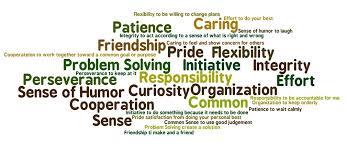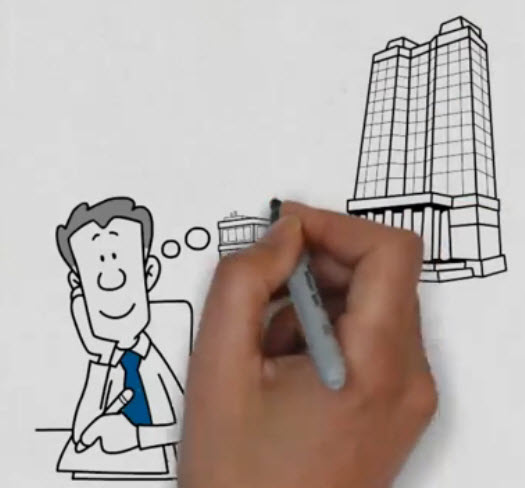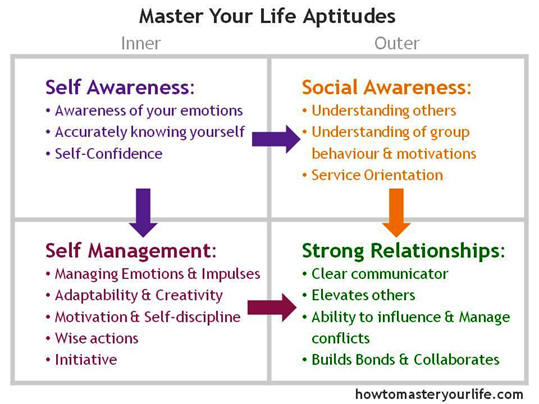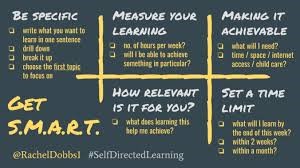| Life Skills
|
|
|
|
|
Click to view
|
|
| Skill Web Page | Overview |
Skills:
|
Thinking skills:
|
||||||||||
|
||||||||||
|
Teamwork: Team-work ( charter, respect, values, listening, Trust, diversity, Honest, Culture, ) ... working like a sports team |
||||||||||
|
Business-skills:
|
||||||||||
|
|
||||||||||
|
· Key Web interface:
|
||||||||||
| Sacred Skills | ||||||||||
|
||||||||||
|
Life-Skills ...Students become cognitively aware of their life skills while doing activities:
From our experiences in business & education, we have created a curriculum that sifted out the manual part of work and created thinking employees with unique mindset thinking and life-skills to be productive in your organization. These are the people that AI will be difficult to replace.
|
||||||||||
| How are the Life Skills integrated into the project? | ||||||||||
|
||||||||||
|
Character 1. The school community promotes core ethical and performance values as the foundation of good character. 2. The school defines “character” comprehensively to include thinking, feeling, and doing. 3. The school uses a comprehensive, intentional, and proactive approach to character development. 4. The school creates a caring community. 5. The school provides students with opportunities for moral action. 6. The school offers a meaningful and challenging academic curriculum that respects all learners, develops their character, and helps them to succeed. 7. The school fosters students’ self-motivation. 8. The school staff is an ethical learning community that shares responsibility for character education and adheres to the same core values that guide the students. 9. The school fosters shared leadership and long-range support of the character education initiative. 10. The school engages families and community members as partners in the character-building effort. 11. The school regularly assesses its culture and climate, the functioning of its staff as character educators, and the extent to which its students manifest good character. |
||||||||||
| Documents\The Partnership for Twenty-First-Century Skills.pdf | ||||||||||
| Documents\Character Strengths and Virtues_07052016.pdf | ||||||||||






